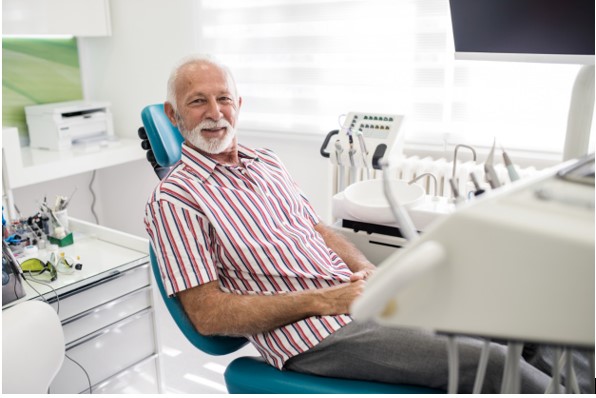Our mouths are home to all kinds of bacteria, some helpful and some harmful. Certain amounts are helpful, as they sanitize the mouth and break down food particles; however, too much bacteria will eventually lead to decay and development of gum disease. This can result in long term damage to your oral and overall health.
When bacteria start to build up in the mouth, they create a sticky colorless substance known as plaque. If plaque isn’t removed during your daily brushing and flossing, the particles can harden and turn into tartar. This hard coating becomes more difficult to remove over time, so it’s important to maintain your oral health with a professional dental cleaning.
If plaque and tartar remain on the teeth for too long, they become even more harmful and can cause long term damage to your oral health. Eventually, this buildup causes a mild form of gum disease called gingivitis. The best way to prevent gingivitis is through routine cleanings and proper at-home oral care. When gingivitis isn’t treated, it can advance to periodontal disease, an inflammatory condition that affects both the soft tissue (gums) and the tooth. When left unchecked, periodontal disease will eventually cause teeth to loosen or fall out.
Periodontal disease can have an effect on your overall health, as well. Studies show connections between periodontal disease and such serious conditions as diabetes and heart disease. With these kinds of risks, it’s even more important that you monitor your oral health.
When it comes to gum disease, our team has solutions to help you prevent decay and maintain outstanding oral health. For any questions about gum disease, gingivitis, or periodontal disease, be sure to contact our office.


















